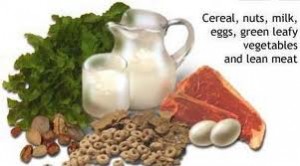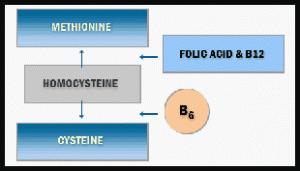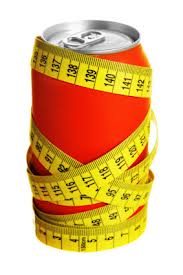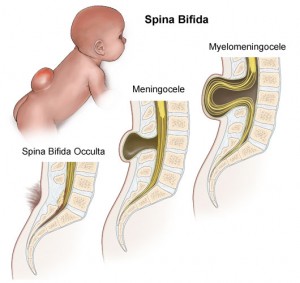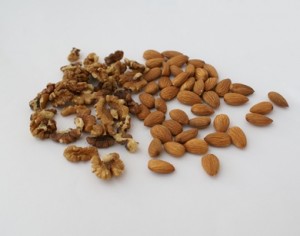Parkinsons disease (correct medical spelling is ” Parkinson’s disease”) is a degenerative disease of the brain stem that presents with symptoms of shaking, tremor and gait problems.
It is a neurological disease of the elderly and often is a cause of disability leading to institutionilisation. New research at the University of Sao Paulo (UNIFESP) in Brazil has found that a diet rich in vitamin B2 and low in meat has helped to improve patients with Parkinsons disease.
It appears that it may not only be useful in alleviating symptoms of existing disease, but even more importantly to prevent this neurological disorder from developinlg. Dr. Cicero Galli Coimbra stated that in Buenos Aires (where the study was done) the consumption of meat is one of the highest in the world as is the rate of Parkinsons disease. Under his guidance a research team found that about 15% of the population do not absorb vitamin B2 adequately. In combination with excessive red meat intake a significant proportion of the population does not absorb enough of this vitamin resulting in Parkinsons disease.
In this study a group of patients with advanced Parkinsons disease were put on a special diet that included milk (which is a good source of vitamin B2). Other sources of vitman B2 as shown here were cereal, nuts, milk, eggs, green leafy vegetables and lean meat. Within one month 18% of their motor function had returned to normal. After the third month of this diet 60% of the motor function had returned.
Many had improved so much that they were able to drive a car safely again. Riboflavin (=vitamin B2) is an important ingredient in a number of metabolic processes in brain cells that result in the production of dopamine, a brain hormone that is required for regulating muscle coordination in various parts of the brain. This translates into a stable gait, normal muscle strength, good balance and normal cognitive functioning.
These findings were reported in the July 15, 2003 issue of The Medical Post, page 31.
Link to Dr. Schilling’s Net Health Book regarding Parkinsons disease.
Last edited December 9, 2012
